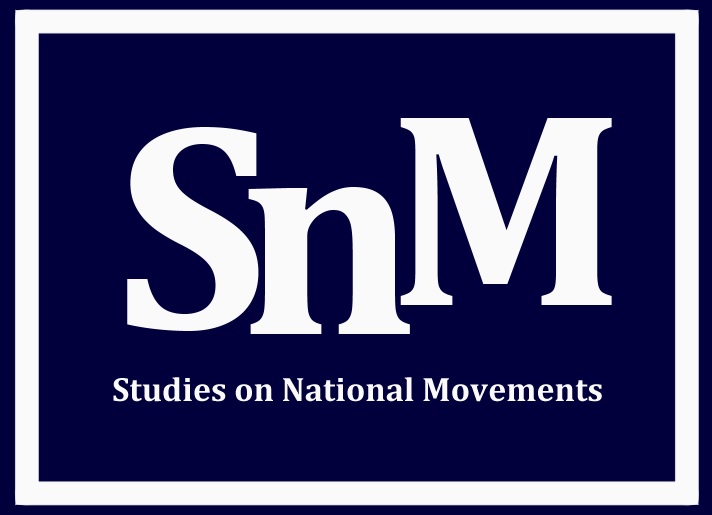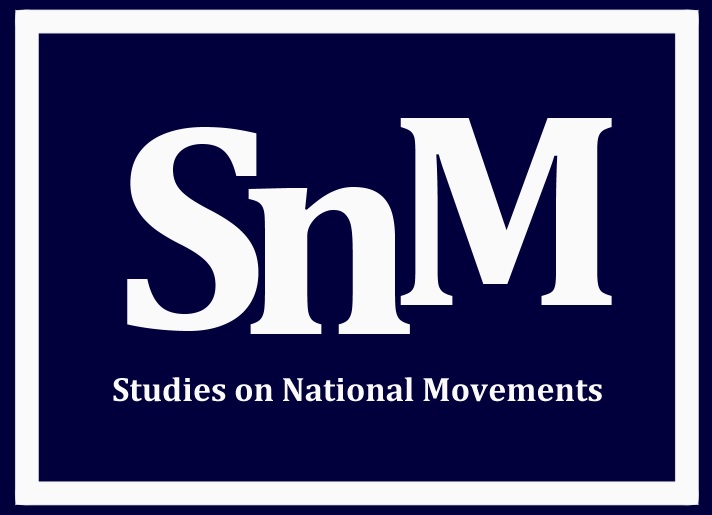Abstract
Does nationalism increase the probability of international conflict? An affirmative answer has intuitive appeal: Nationalists promote force to protect their land and people from foreign threats. Research on nationalism in international conflict implicates elites, masses, and political interactions between these actors when asserting its status as a powerful force that raises the risk for interstate wars. Yet both micro- and macro-level evidence cautions against drawing broad conclusions about how nationalism affects conflict. Nationalism sometimes prompts aggression. In other contexts, nationalism produces restraint. Systematic knowledge about how nationalism relates to international conflict therefore requires answers to questions about which nationalisms promote conflict and whose nationalism matters. This article first reviews theory and evidence about nationalism’s conflict-causing potential. We discuss the microfoundations that link nationalism to foreign policy attitudes before describing research that implicates nationalism as a cause of militarized conflict. Next, we argue that understanding the complex relationships between nationalism and conflict requires theorizing the causal processes that connect various stakeholders’ nationalism to foreign policy outcomes. Moreover, research on identity content suggests that nationalism is compatible with a variety of foreign policy preferences. Throughout, we centre research that features nationalism as a principal independent variable or causal mechanism precipitating conflict. Any review about nationalism must contend with the delicate matter of conceptualization — the field contains nearly as many definitions for nationalism as articles about nationalism and war. The research we discuss variously describes nationalism as an identity, ideology, or belief, for example. For our purposes, nationalism captures a set of sentiments related to a national group and its superiority. This broad perspective centers the phenomenon implicated in international conflict research.
Keywords: Nationalism, International conflict, The State of Nationalism, war, identity, ideology, foreign policy
How to Cite:
Powers, K. & Ko, J., (2024) “The State of Nationalism (SoN): Nationalism and International Conflict”, Studies on National Movements 13(1), 160-183. doi: https://doi.org/10.21825/snm.91457
Downloads:
Download PDF
View PDF

